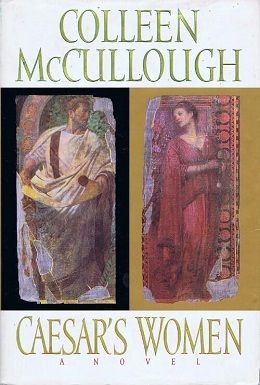
I’m currently reading Caesar’s Women, the 4th book in Colleen McCullough’s Masters of Rome series:
- The First Man in Rome – spans years 110 through 100 BCE
- The Grass Crown – spans years 97 through 86 BCE
- Fortune’s Favourites – spans years 83 – 69 BCE
- Caesar’s Women – spans years 67 – 59 BCE
- Caesar – spans years 54 – 48 BCE
- The October Horse – spans years 48 – 41 BCE
- Antony and Cleopatra – spans years 41 – 27
I collected all of the books in the series and started reading them, in order, several years ago. I’ve read books 1 through 3 and am now reading my way through book 4. My reading has stalled due to personal reasons and my attention has gotten pulled into other activities, but I’m back to reading and hope to finish this book soon.
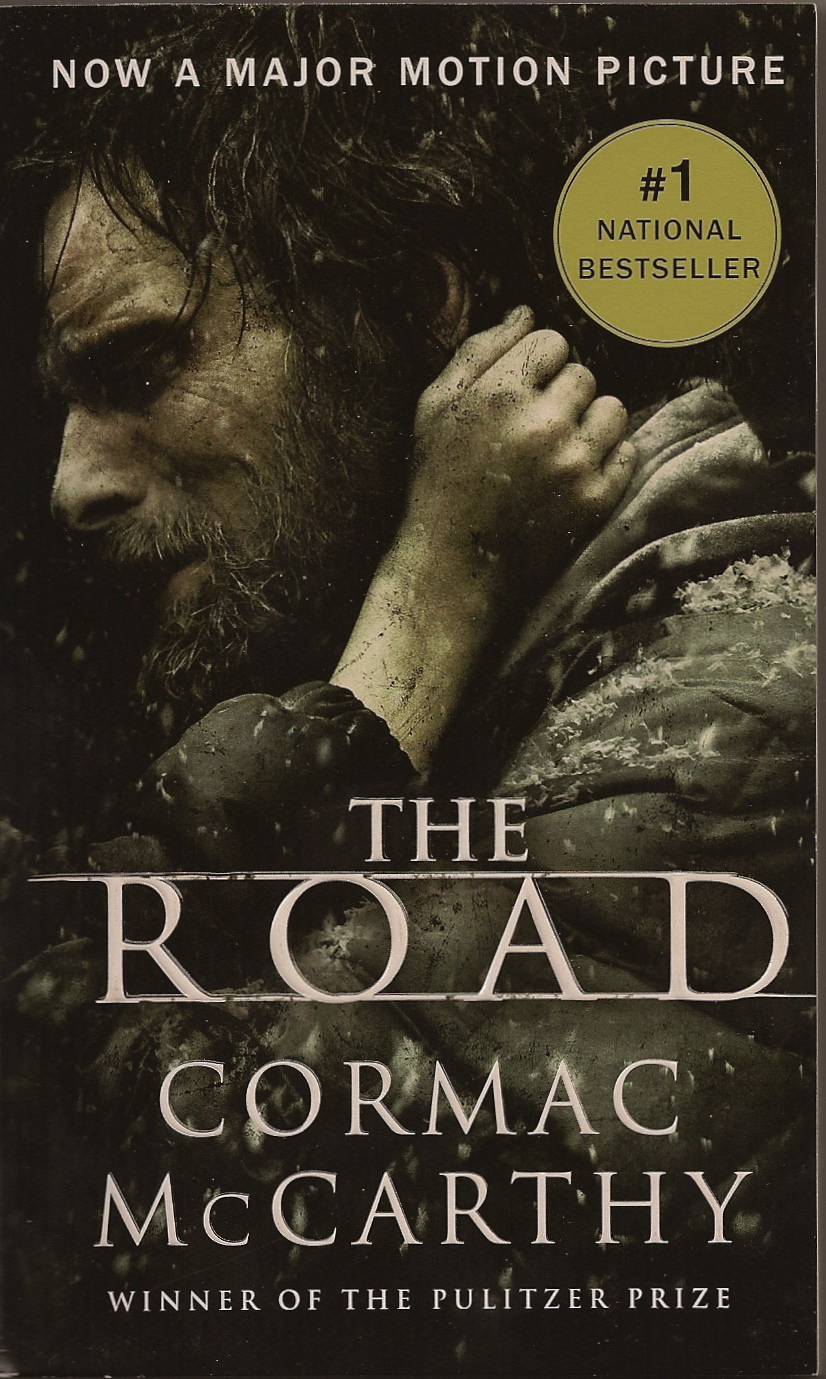
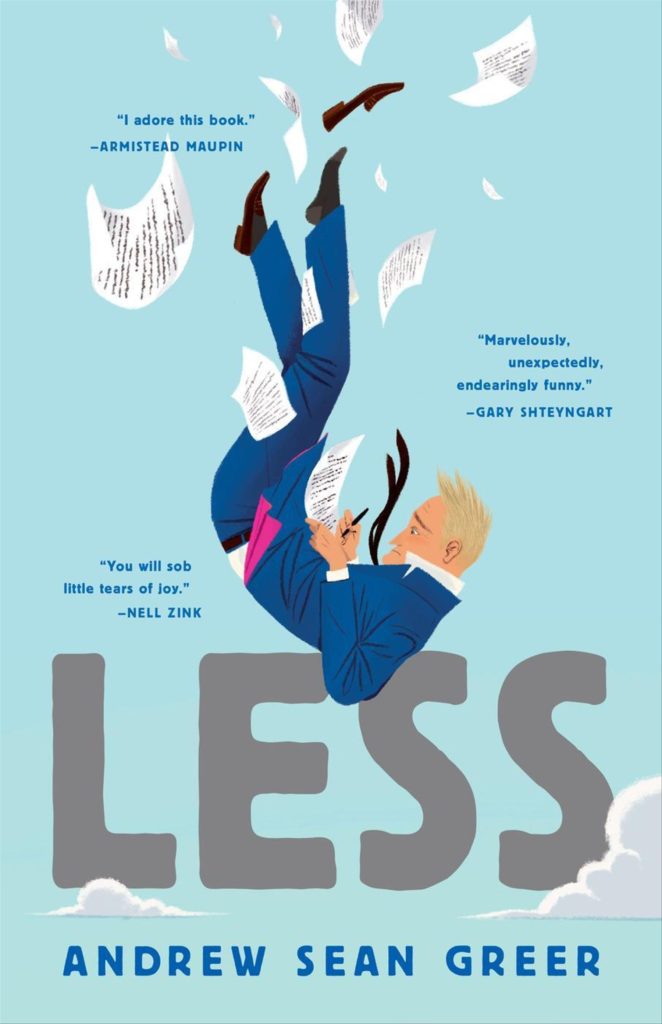
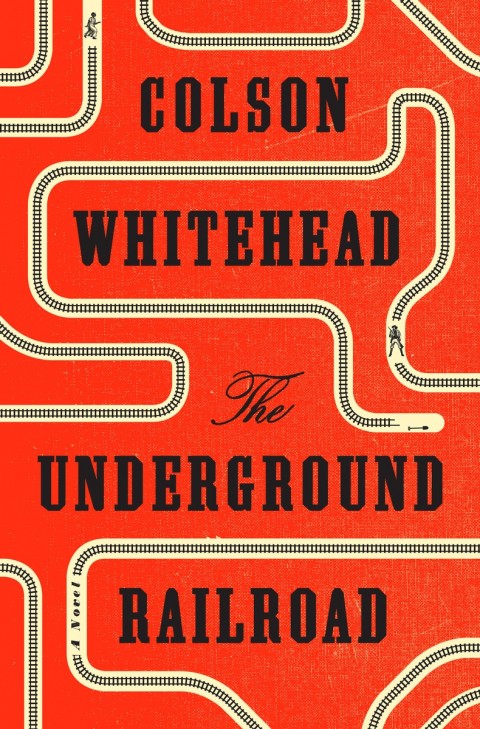
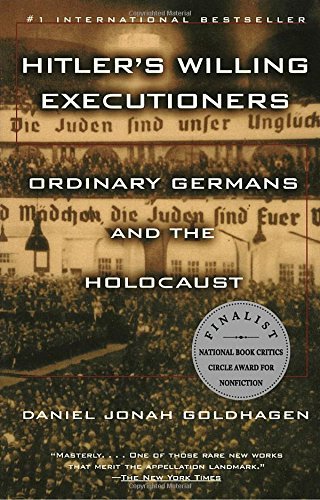
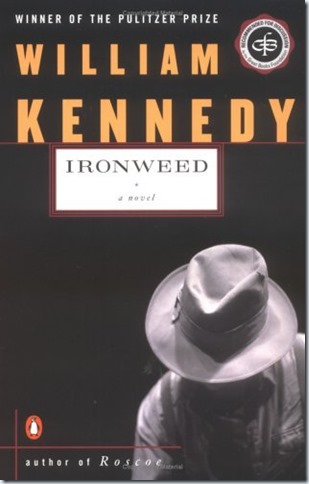
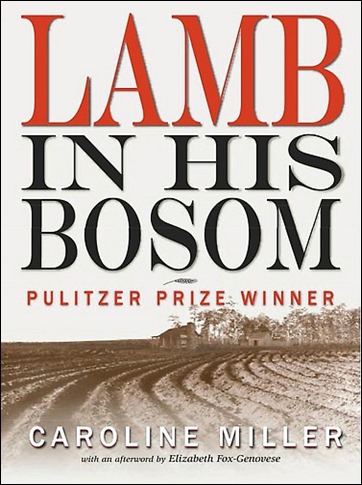
Tonight I finished reading this amazing book. The story depicted slavery in a much more brutal way than any other story I can recall reading. As I worked my way through the book, the terms, “white privilege” (a term I have struggled to understand) and “black lives matter” have played over and over again in my mind. I also think of “black holocaust”, a term I had only recently heard, yet as I read of Cora’s experiences and observations in North Carolina, shares so many similarities to the Jewish holocaust.
I need to take a day or two to think about this book and let its story gel in my mind before I can write much more about it. I am appalled and moved beyond description for the things that occurred in this story. I think this is an important book that will stand the test of time and, and hard as it was to read, I am glad to have read it.